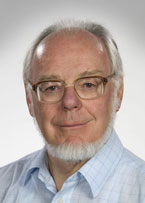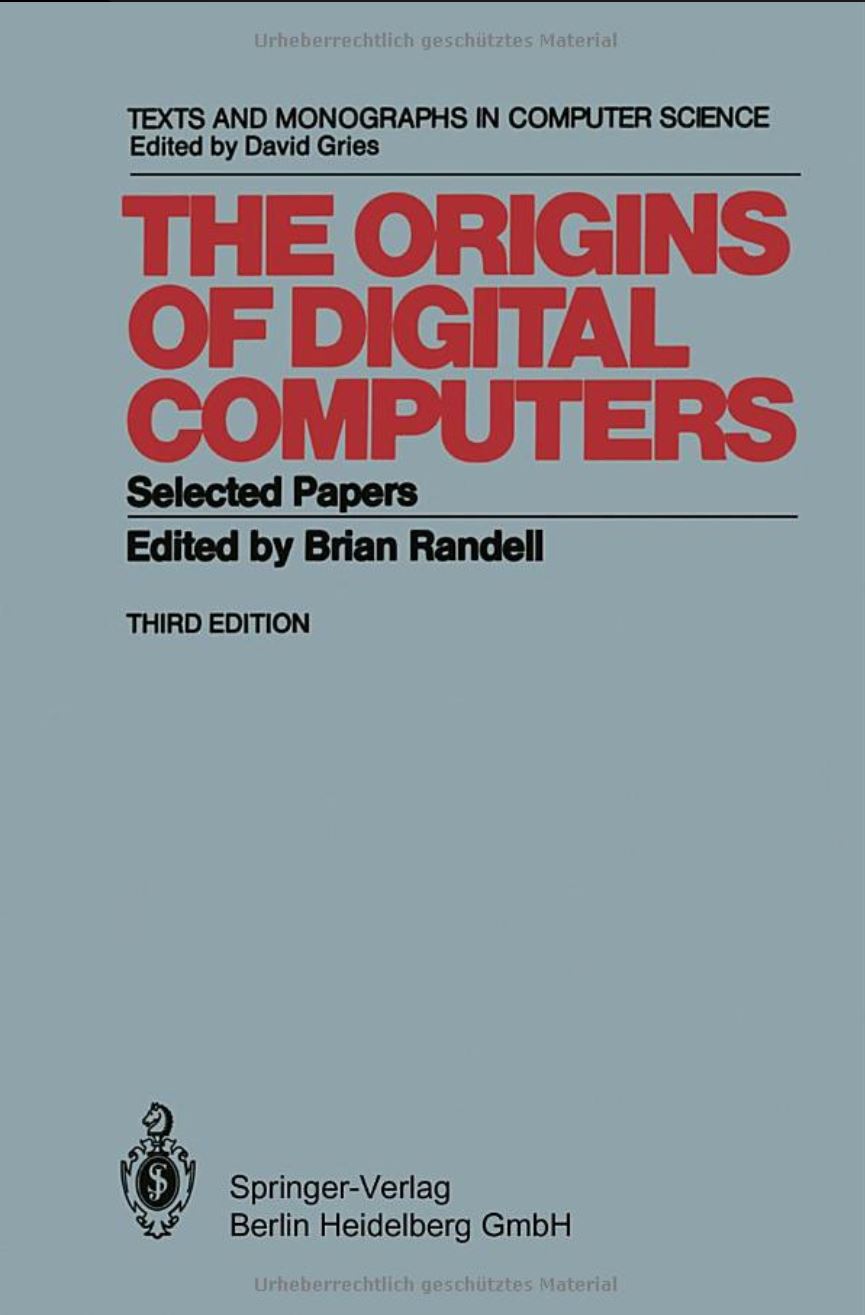| Title: | Investigating the Work and Life of Percy Ludgate (1883-1922) |
| Speaker: | Brian Randell |
| Date: | Thursday 16th September 2021 |
| Time: | 14:30 |
| Location: |
25 Copthall Ave, London EC2R 7BP and |
| Prof. Randell will deliver this lecture from Newcastle using Zoom. Members are, of course, welcome to join the Society comittee at Copthall Street or attend remotely. |

|

|
| Prof Brian Randell | and his book |
About the seminar
Percy Edwin Ludgate is notable as the second person to publish a design for an Analytical Machine, the first after Babbage’s “Analytical Engine”. In this talk I will describe results of the first new investigation into the life and work of Percy Ludgate since my paper on Ludgate of nearly 50 years ago. This investigation, led by Brian Coghlan of Trinity College Dublin, has uncovered a range of new material, including two significant discoveries, one concerning Ludgate’s machine and the other his family.
About the speaker
I graduated in Mathematics from Imperial College in 1957 and joined the English Electric Company where I led a team that implemented a number of compilers, including the Whetstone KDF9 Algol compiler. From 1964 to 1969 I was with IBM in the United States, mainly at the T.J. Watson Research Center , working on operating systems and system design methodology. I was appointed a Professor of Computing Science at Newcastle University in 1969, where my main research interests ever since have been system dependability and security. My active interest in computer history was sparked when, while preparing my Inaugural Lecture, I stumbled across Percy Ludgate. The information I collected on Charles Babbage's successors, as I attempted to put Ludgate’s work into context for the 1971 Computer Journal paper that I published on him, led to my compiling the book The Origins of Digital Computers: Selected Papers (Springer, 1973), and to my investigating first Alan Turing and then Colossus. Since then I have been only occasionally involved in computer history, until a few years ago when I joined the small research team led by Brian Coghlan, of Trinity College Dublin, and found myself again deeply involved with Ludgate.
Click
![]() to see a podcast of this event.
to see a podcast of this event.